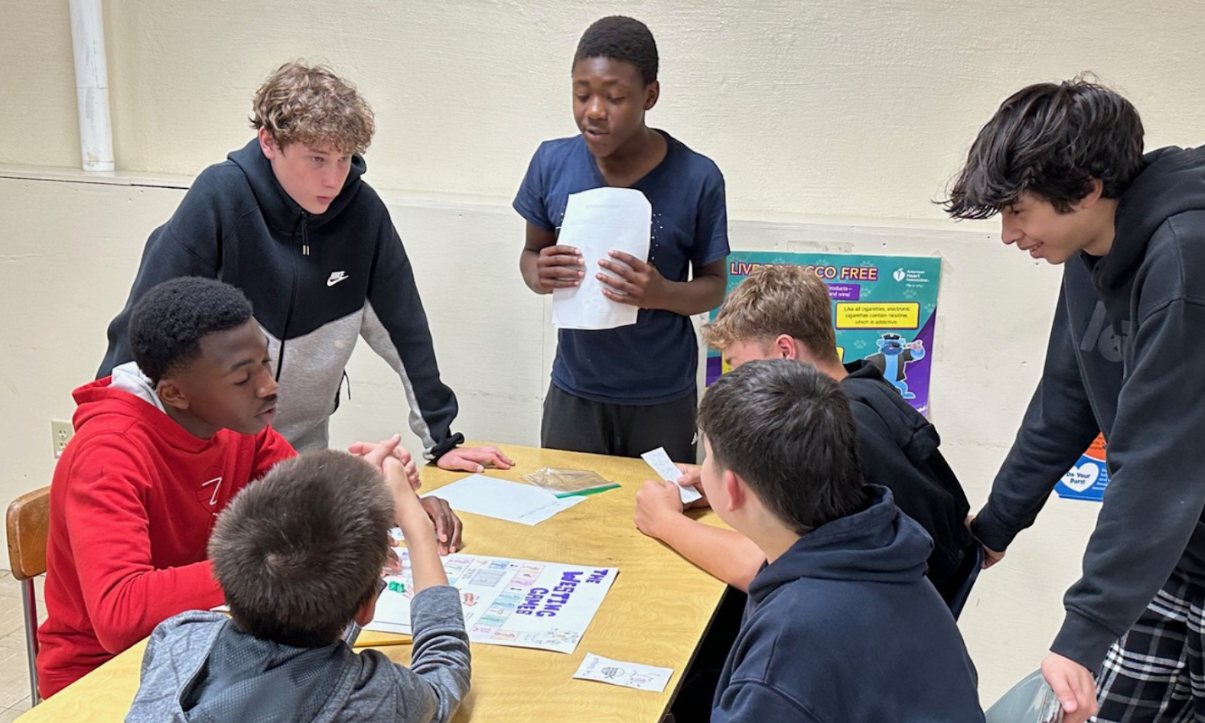
Dr. Ronald Ferguson, a professor of Harvard University who is based in Cambridge, is conducting studies on the achievement gap between black and white students and identifying its causes in an effort to turn the statistical game around. Profiled in this New York Times article, Dr. Ferguson chooses to quantify causes of the gap rather than to blame the disparity on cultural differences. At T.C. Williams High School in Alexandria, Virginia, he has found that 55% of the students who are white females maintain an A to A- average, while less than 20% of black students overall could lay claim to the same grades.
The causes? Half of the reason, claims Dr. Ferguson, is family income. Among families living in suburbia, 79% of blacks are in the bottom 50%, while 73% of whites are in the top half when it comes to wealth. What does this mean? In general, white families in Virginia make more money, and their kids do better in school as a result of these added resources. The other leading cause behind the achievement gap, postulates Ferguson, is that black children simply have fewer academic resources at their fingertips growing up. In a study conducted by Ferguson, 80% of white parents had 100 or more books in the house available for kids, while only 40% of the black parents did so. Ferguson and his colleagues are working to make more educational resources available for black children in the suburbs of Virginia, hoping to make this project a nation-wide campaign that will increase literacy for all ages, closing the famous achievement gap.
Come join our dialogue on what students today really need to succeed! Attend the Tutorpedia Foundation's 2nd Annual Benefit on March 23, 2011, where we will delve into the future of education along with Vicki Abeles, director of Race to Nowhere, Dennis Littky, co-founder of the charter school network Big Picture Learning, and Farb Nivi, founder of the revolutionary tech company Grockit. Proceeds will fund one-on-one tutoring for the Bay Area's under-served students.







No comments:
Post a Comment